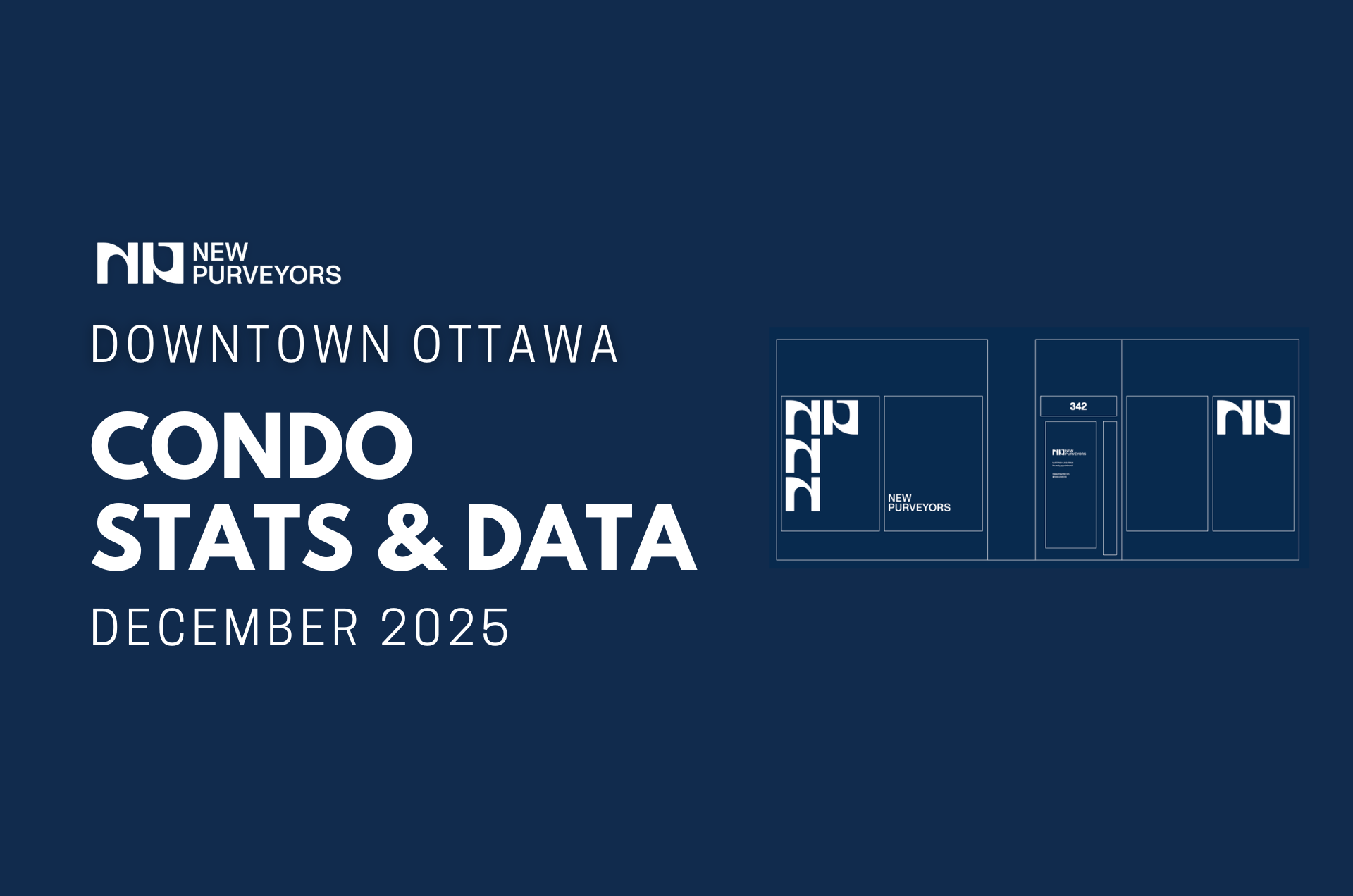
Condos can be one of the smartest ways to buy into the Ottawa real estate market — but they also come with their own set of rules, costs, and long-term considerations. Whether you’re a first-time buyer, a downsizer, or someone looking for a low-maintenance lifestyle close to the city’s core, understanding how condos actually work will help you make a confident decision.
Here’s what to know before you buy.
1. Condo Fees Aren’t Just a “Monthly Bill”
Every condo owner pays monthly fees, but what those fees cover can vary dramatically. In Ottawa, condo fees typically range from $350 to $700 per month, depending on the building’s size, amenities, and age.
Those fees usually include things like:
Building insurance and maintenance
Snow removal and landscaping
Common area utilities (lighting, heating, water)
Contributions to a “reserve fund” for long-term repairs
Pro tip: Look beyond the number. A slightly higher fee in a well-managed building can be a good sign — it often means repairs are covered and the property is being taken care of.
2. Review the Status Certificate Carefully
Before buying, you’ll receive a status certificate — essentially a snapshot of the condo corporation’s financial health, rules, and upcoming repairs.
Here’s what to look for:
Is the reserve fund adequately funded?
Are there any special assessments planned (extra costs charged to owners for big repairs)?
Do the bylaws or rules restrict things like short-term rentals, pets, or renovations?
Your lawyer will review this document with you, but it’s worth reading yourself to understand how the building operates and what might affect your ownership experience.
3. Not All Buildings Age the Same
A condo’s long-term value depends on more than its location.
Consider:
Construction quality: Older buildings often have larger layouts and better materials, while newer ones may focus on amenities and design.
Developer reputation: In Ottawa, established names like Claridge, Domicile, and Richcraft have track records you can research.
Neighbourhood appeal: Proximity to LRT stations, parks, or shops in areas like the Glebe, Westboro, and Little Italy can drive resale value.
4. Understand How Lifestyle and Fees Intersect
If you plan to use the gym, pool, or rooftop patio every week, those amenities are worth the cost. But if you know you’ll rarely touch them, look for a smaller building with fewer shared spaces — they tend to have lower fees and a tighter community feel.
Buildings with 24-hour security, concierge services, or large indoor amenities naturally have higher overhead. Choose based on how you live, not just what looks good on a brochure.
5. Think About the Exit Strategy
Buying a condo is as much about resale as it is about lifestyle. Look for features that appeal to the next buyer, not just to you.
Units with:
Parking and storage
Balconies or outdoor space
South-facing windows (for light)
Low turnover in the building
…tend to hold value better in Ottawa’s market.
6. Ask Local Questions
Ottawa’s condo scene has its quirks — from snow removal logistics downtown to noise restrictions in heritage zones. Before you buy, talk to a local expert who knows which buildings are well-run, which ones struggle with maintenance, and which areas are up-and-coming.
Condos can offer incredible convenience and value, but understanding the details upfront will make your experience smoother and your investment stronger.
Take time to dig into the documents, ask questions, and think about your long-term lifestyle before signing. When you’re ready, work with someone who knows the ins and outs of Ottawa’s condo market — because no two buildings are quite the same.

































